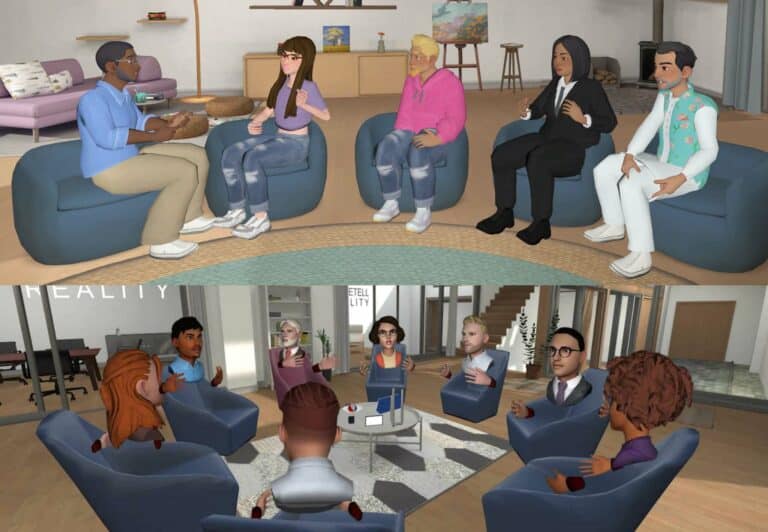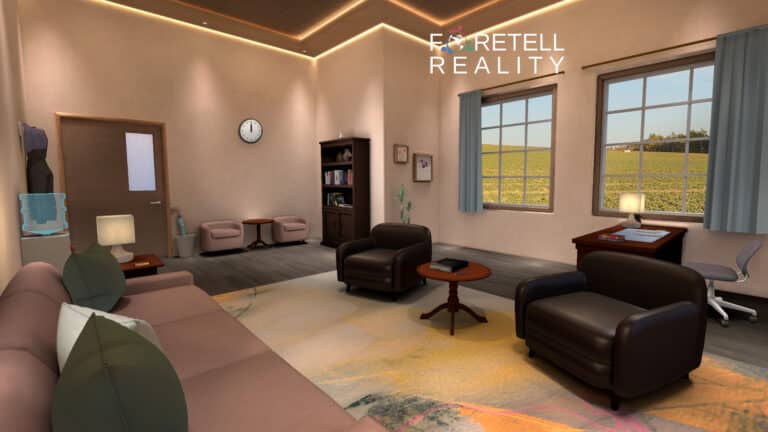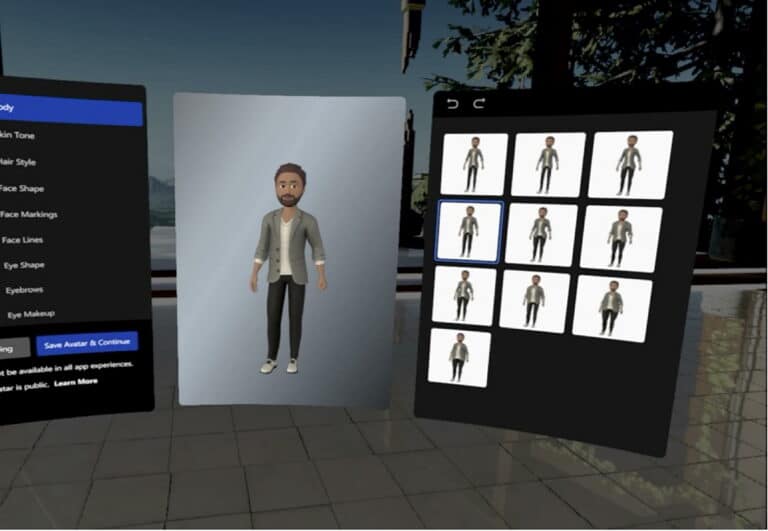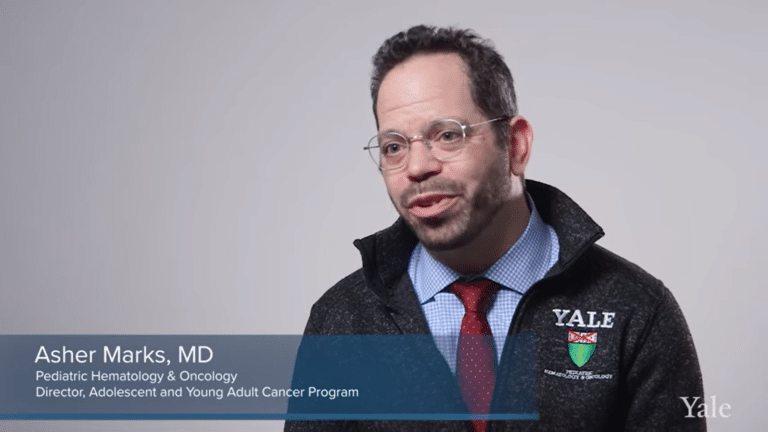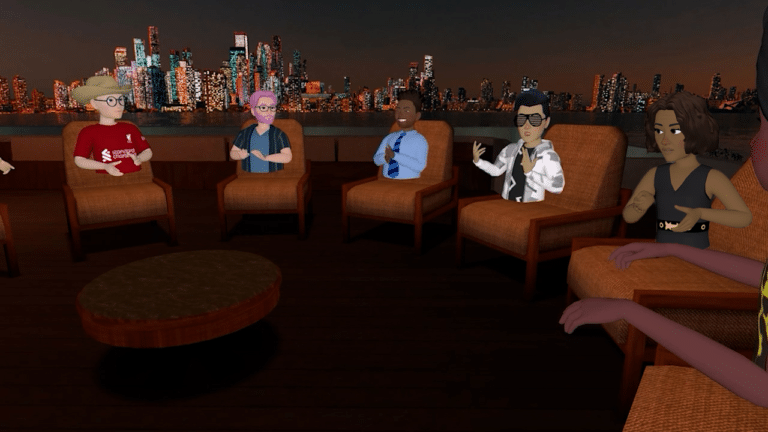According to the Mayo Clinic, “socializing not only staves off feelings of loneliness, but also it helps
sharpen memory and cognitive skills, increases your sense of happiness and well-being, and
may even help you live longer.”
But what do you do if in person social interactions could be dangerous to your physical health?
A recent study out of the Netherlands analyzed the psychological benefits of using social virtual reality
platforms during the COVID-19 pandemic. Researchers posited that “by offering (virtual) spaces where users can hang out, chat, and play games together in apparent physical proximity, social VR apps could be especially well-suited to foster feelings of social connection among users.”
Based off a dataset of 220 surveys of respondents who were active users of social VR platforms during the pandemic, the study looked at how both social presence and spatial presence affected three different areas – relatedness, establishing meaningful and rich social interactions, self-expansion, going into unchartered territory to widen our understanding of who we are and how we view life, and enjoyment, taking pleasure in something.
After analyzing the results of the surveys, researchers wrote that the “findings suggest that social VR can provide psychological benefits in terms of relatedness, self-expansion, and enjoyment, which are associated with the immersive properties of the medium.”
Among the study’s highlights:
Spatial presence predicts relatedness, self-expansion, and enjoyment.
A sense of spatial presence, a “users’ sense of being physically located in, and enveloped by, the virtual
environment,” was a key contributor in relatedness, self-expansion, and enjoyment. Directly
interacting with a virtual environment elevated the user experience and made social VR
platforms much more rewarding through the natural interactions that it fostered.”
Social presence predicts relatedness and enjoyment, but not self-expansion.
The feeling of social presence, “a users’ sensation of being physically co-located and socially connected with others,” was another predictor in relatedness and enjoyment but did not involve self-
expansion.
Playful activities are associated with self-expansion psychological benefits.
Contrary to popular belief, taking part in playful activities, such as gaming or
exploring virtual worlds correlated with a high level of satisfaction and obtained psychological
benefits. Socialization activities are associated with relatedness and enjoyment outcomes.
With Omicron potentially signaling the end of the pandemic, social distancing guidelines will be rescinded, but the need for social VR platforms will not waiver. Terminally ill hospital patients, people with
high social anxiety, or even shy teens can fulfill their needs for social interaction through virtual
reality. According to the researchers, in a low-risk environment that offers anonymity, “social VR
can help users satisfy their psychological need for relatedness, that is, the need for establishing
meaningful and rich social interactions, which is considered a fundamental human
psychological need.”
Foretell Reality is a social VR platform that provides safe spaces for therapy and support, soft skills development, and other interpersonal activities like real time collaboration and group events. Please visit our website for more information or to schedule a demo.



